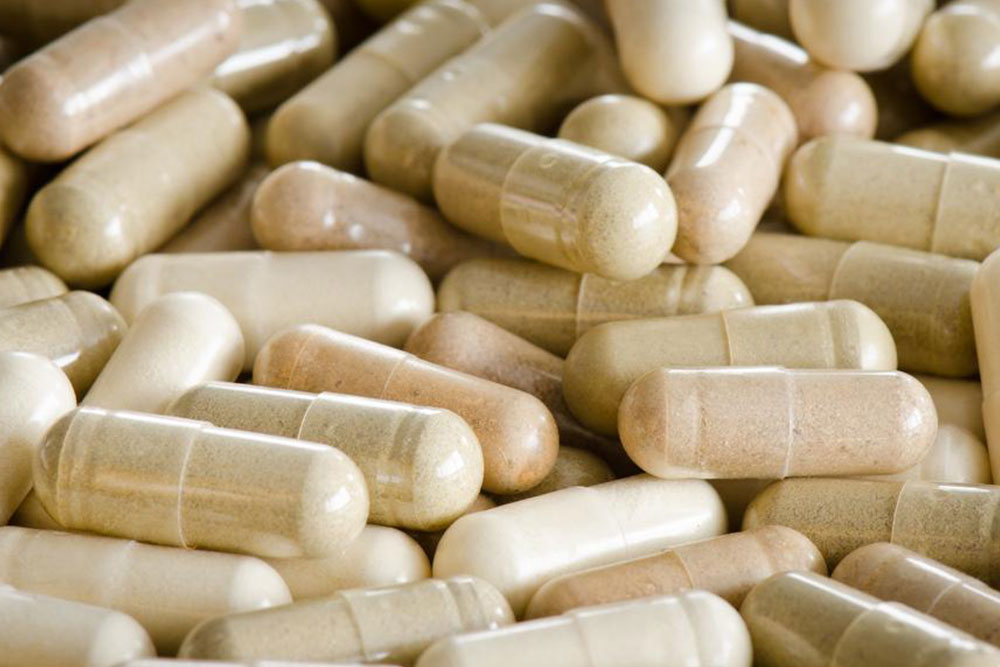
Diseases & Conditions
Treatment plans and medications for depression
Treatment plans and medications for depression According to the World Health Organization, the estimated number of people around the world affected by depression are around 350 million. It is the most common illness worldwide and is a leading cause of disability. WHO states that it is a common mental disorder that is characterized by persistent sadness and a loss of interest in activities that a person usually enjoys, accompanied by an inability to carry out daily activities for at least two full weeks. What causes depression? While the cause of depression is not fully understood, it is likely to be a complex combination of genetic, environmental, and biological and psychosocial factors. Also, while depression can affect people of all ages from all walks of life, poverty, unemployment, life events like the death of a loved one or a relationship break-up, physical illness, and problems caused by alcohol and drug use are likely to increase the risk. The symptoms involve losing interest in doing things that one would usually enjoy, change in appetite and sleep patterns, and feeling sad for at least 2 weeks. Approaches to treat depression If the symptoms persist for more than two weeks, patients are advised to get professional help from a therapist who can evaluate the symptoms and recommend the right approach for treatment. It is a condition that can be treated by therapy, medication, or both, and the treatment approaches vary depending on the type of depression. Here are some psychotherapy approaches to know about: Interpersonal therapy (IPT) This approach focuses on the past and present social roles and interpersonal interactions of the patient and attempts to help them find better ways to deal with their current problems. Cognitive Behavioral Therapy (CBT) It focuses on helping patients understand the thoughts and feelings that influence behavior.












